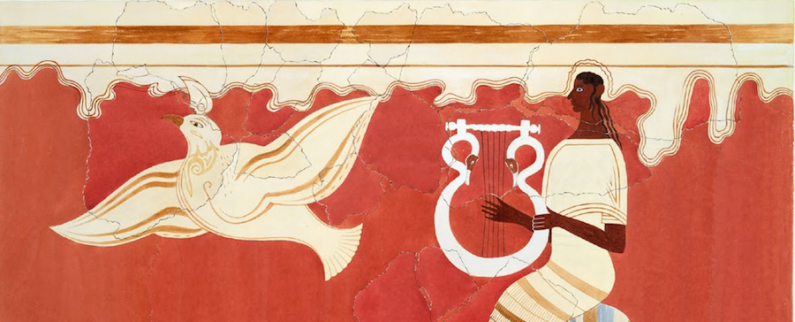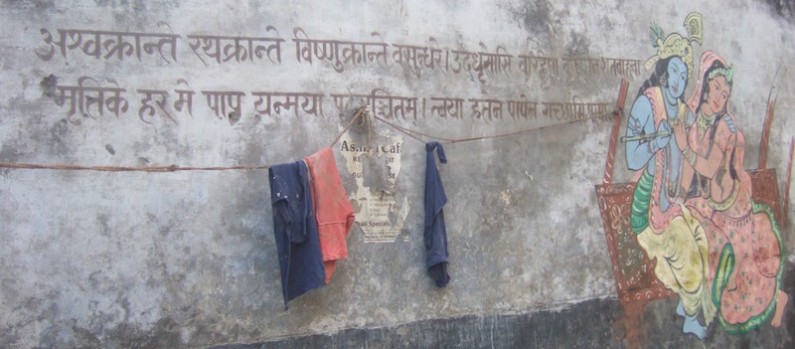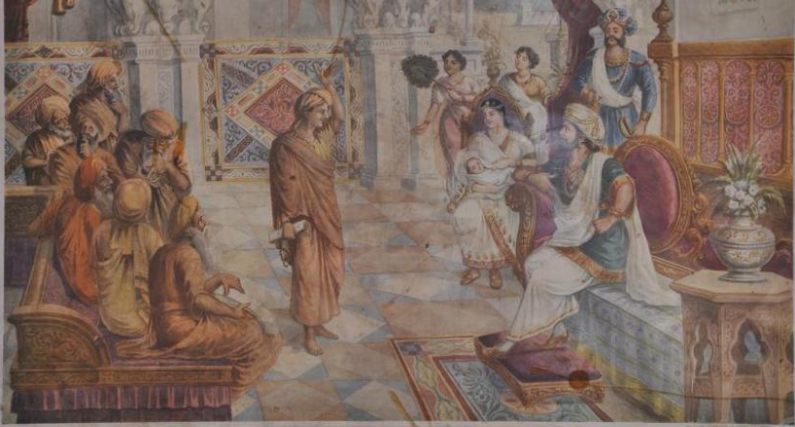
by Zabaan | Jun 8, 2015 | Classical languages, Etymology
English star, German Stern, Italian and Latin stella, Greek αστηρ (astēr) and Hindi तारा (tārā), all started with an agricultural metaphor. They are derived from the Indo-European root for to strew, which is reflected in Sanskrit as स्तृ (stṛ). The use of this root in...

by Zabaan | Jun 7, 2015 | Classical languages
Although they are today read in books containing a stable and established text, the world’s great epics, be it the Iliad and Odyssey in Greek, the Rāmāyaṇa and Mahābhārata in Sanskrit or Beowulf in Old English, all originated in the ephemeral song of...

by Zabaan | Jun 6, 2015 | Ancient Greek, Case Systems, Classical languages, Sanskrit
In the late stone age, about seven or eight millennia ago, the speakers of the cluster of related dialects that later developed into Sanskrit, Greek, Latin and most of the modern European languages, lived in a habitat where man, today the most influential and...

by Zabaan | Jun 5, 2015 | Classical languages
This mural is to be found in one of the winding back lanes of Assi Ghat, the southernmost part of the city of Varanasi. It is just off the Pandit Madan Mohan Malviya Rd (the large road running up along the left edge of the map). If you are interested in visiting, take...

by Zabaan | Jun 4, 2015 | Ancient Greek, Classical languages, Etymology, Literature, Old English, Sanskrit
The common word for king is राजा (rājā) in Sanskrit, βασιλευς (basileus) in ancient Greek and cyning in Old English. But in poetic diction these languages also all share a number of very similar circumlocutions, i.e. descriptive terms or so called speaking...






